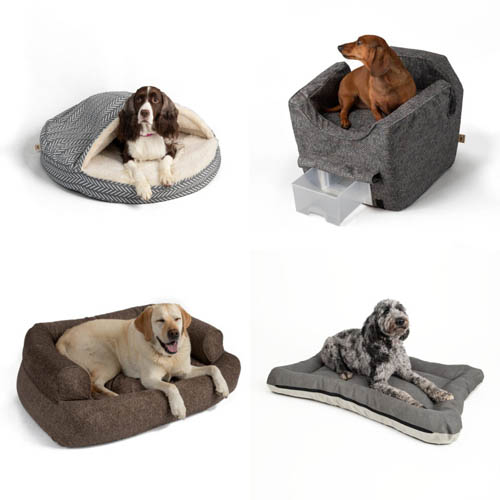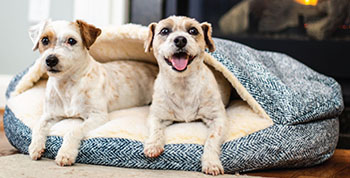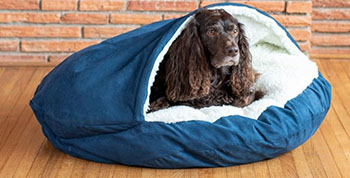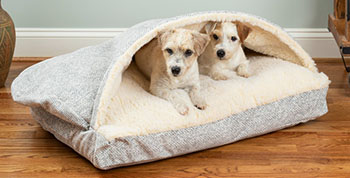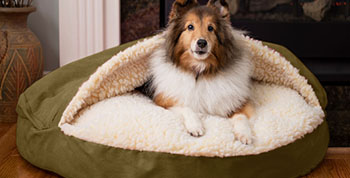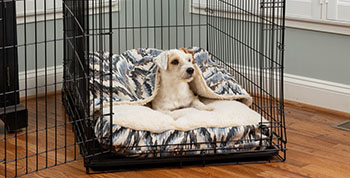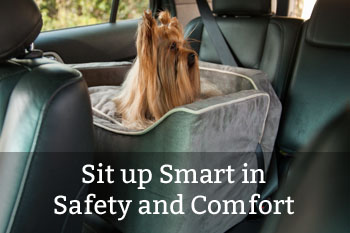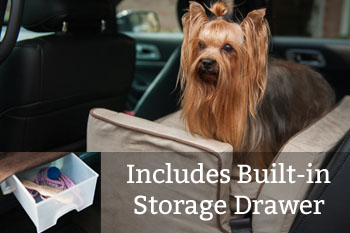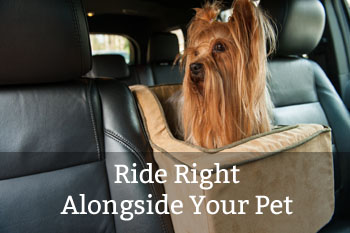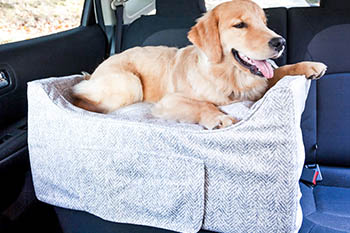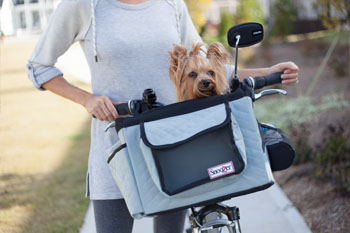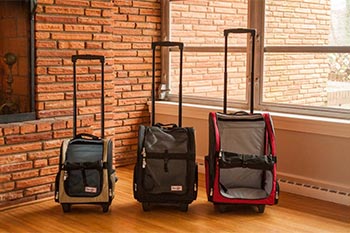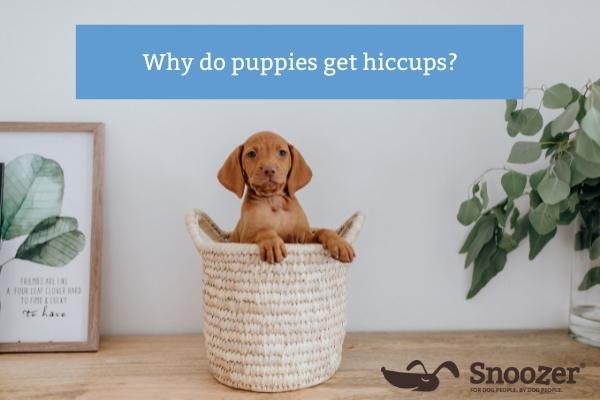Why do puppies get hiccups?
Puppy hiccups – at first they’re cute, then they start to be concerning. But why do puppies get hiccups in the first place, and when is it cause for concern? And is there anything you can do to help your poor pup stop hiccupping?
Why do puppies get hiccups?
Hiccups happen when the muscles of the diaphragm contract in a repetitive and uncontrollable manner. Just as human babies are more likely to get hiccups than adults, puppies are more likely to have the hiccups than grown dogs. Puppies with the hiccups often get them after waking in the morning or waking from a nap, after eating or drinking, or when they’re excited.
If your puppy has hiccups, it could be because they ate or drank too quickly, their stomach is full, or they are simply overexcited. Stress could be another potential cause. But often the cause is unknown.
How can you help relieve puppy hiccups?
Unfortunately, there’s no tried-and-true way to help your puppy stop hiccupping. (Even the hiccup “cures” for humans are hit-or-miss.) Some owners try offering a little water, massaging their puppy’s chest to help relax the diaphragm, or distracting their pooch with a toy or by going for a walk. There’s no reason not to try these things, but you can’t count on them to relieve your puppy’s hiccups.
The good news is that a bout of puppy hiccups is typically short-lived, so the best course of action is usually to wait it out and let the hiccups end on their own. And even better news, you can expect the frequency of hiccupping to decrease as your puppy gets older. For most pups, hiccups stop being an issue by the age of 8 months.
Although you can’t relieve your puppy’s hiccups, you may be able to help prevent them some of the time. If you notice that your puppy tends to hiccup after eating or drinking, try special food or water bowls designed to make dogs eat or drink more slowly.
Can puppy hiccups become a health concern?
It’s unlikely that your puppy’s hiccups will become a health concern. Although they’re annoying, hiccups aren’t harmful; in fact, some humans have lived for decades on end with hiccups without any health issues. Rarely, they can be a sign of a serious underlying health condition including brain tumors and pneumonia.
How long should you wait before calling the vet about your puppy’s hiccups? In humans, hiccups are considered a health concern when they last for 48 hours or longer. They’re “persistent” hiccups after 48 hours and “intractable” when they last longer than a month. But you might not want to wait 48 hours to contact your vet. If your puppy’s hiccups haven’t stopped after a few hours, or the hiccupping bouts occur so often that they interfere with your puppy’s eating or sleeping, call your vet to discuss it.
Growing pains
Hiccups are still mostly a mystery to medical science, but the general consensus is that they’re typically harmless and rarely concerning. Although it can be unpleasant to witness puppy hiccups, you can expect the hiccups to go away on their own in a short amount of time.

